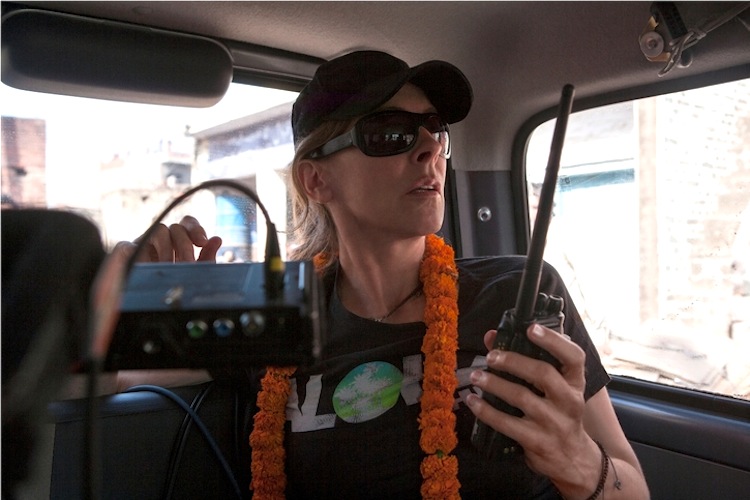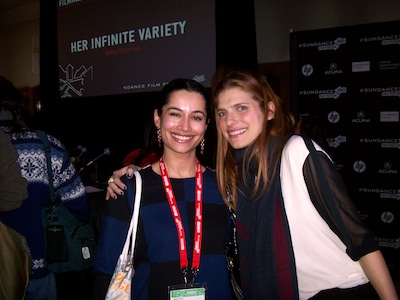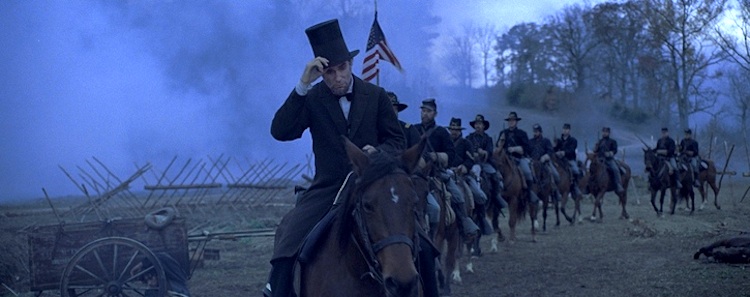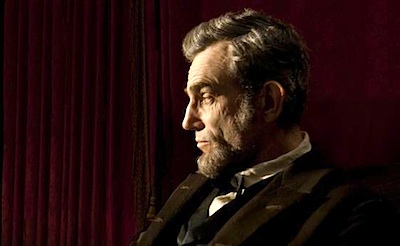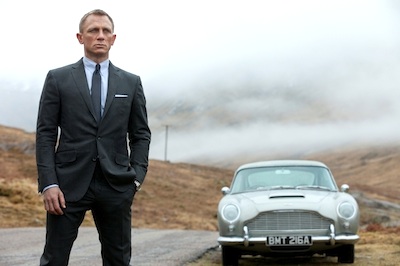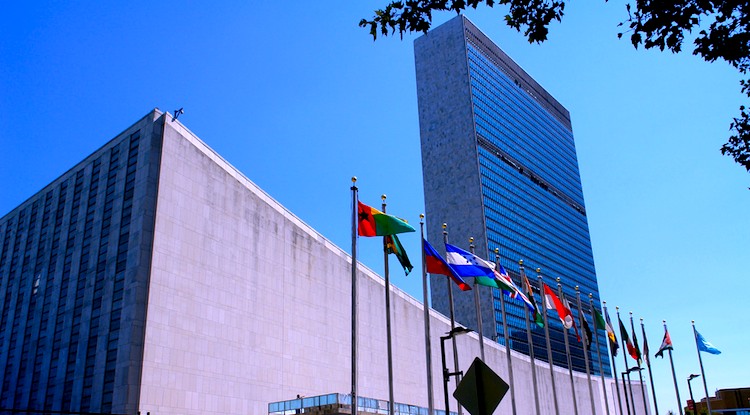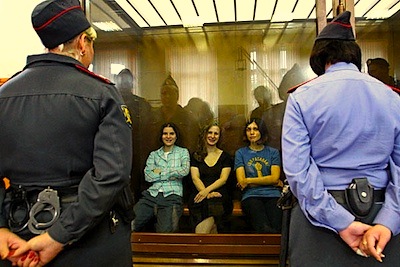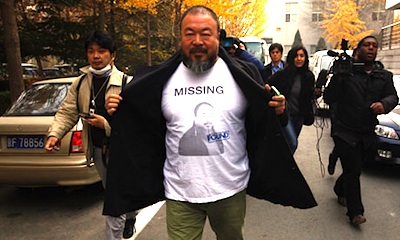[Editor’s Note: the post below appears today on the front page of The Huffington Post.]
By Jason Apuzzo & Govindini Murty. If a hallmark of great art is its ability to transcend the limited circumstances of its creation, then there is no more heartbreaking realization of this than the 1944 performance of Giuseppe Verdi’s Catholic Requiem by Jewish prisoners at the Nazi concentration camp Terezín. The story of Terezín and of the Requiem is told eloquently in director Doug Shultz’s powerful new documentary Defiant Requiem, which premieres this Sunday, April 7, on PBS at 10 p.m. ET/PT (check listings for additional screenings on local PBS stations).
It was at Terezín in 1944 that imprisoned Czech conductor Rafael Schächter led a chorus of his fellow Jewish prisoners — most of them doomed to the gas chambers at Auschwitz — in brazenly performing Verdi’s Requiem before the very Nazis who had condemned them to death. One of the most complex and demanding of chorale works, Verdi’s 1874 Requiem was originally intended as a musical rendition of the Catholic funeral mass. Rafael Schächter took Verdi’s music and transformed it into a universal statement, one proclaiming the prisoners’ unbroken spirit and warning of God’s coming wrath against their Nazi captors.
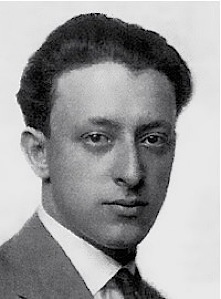
Defiant Requiem tells two parallel stories: the first takes place during World War II, when Jews throughout Europe were rounded up by the Nazis and sent to Terezín as part of an elaborate deception to convince the world that Germany treated its prisoners humanely. Among those arrested and dragged to Terezín in 1941 was the young Rafael Schächter, a courageous and steadfast Czech opera-choral conductor.
Distinguished American conductor Murry Sidlin, who discovered the history of Schächter and the Terezín performers in the ’90s, and who went on to found and conduct the Defiant Requiem concerts, notes in the film that “Schächter would have emerged as a great conductor” had his life not been cut short by the Nazis.
Within the confines of Terezín, Schächter lifted the spirits of his fellow inmates by creating a musical program for them to perform — a program that inspired an astonishing outburst of cultural activity, which would eventually include almost a thousand different performances of chamber music and operas, oratorios and jazz music, theatrical plays, and some 2,300 different lectures and literary readings. Included in this were 16 performances of Verdi’s emotional and musically challenging Requiem. As Terezín survivor Zdenka Fantlova explains in the film: “Doing a performance was not entertainment. It was a fight for life.” She later adds, “If people are robbed of freedom, they want to be creative.”
This flurry of activity within the walls of the prison camp — achieved under the most trying possible circumstances of starvation, disease, and abject cruelty — would culminate in a performance on June 23, 1944, of the Requiem in front of the camp’s Nazi brass, visiting high-ranking SS officers from Berlin, and gullible Red Cross inspectors brought in to verify that the prisoners were being well treated.
It was at this point that Verdi’s Requiem, with its dark, apocalyptic Dies Irae (“Day of Wrath”) choral passage — evoking the Last Judgement — and equally harrowing Libera me (“Deliver me”) passage took on connotations that Verdi could hardly have imagined. Serving as both a spiritual catharsis for the prisoners, and as a prophecy of the Nazis’ ultimate fate, the Requiem was immediately transformed by Schächter and his fellow prisoners into an anthem of divine supplication and retribution. Indeed, shortly after this final performance, both Schächter and most of his choir would be sent to Auschwitz.
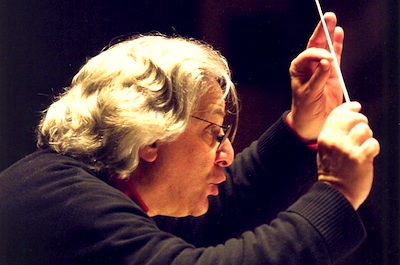
Defiant Requiem‘s second, parallel story takes place in 2006, as Murry Sidlin brings a full orchestra and the Catholic University of America’s chorale ensemble — along with surviving members of Schächter’s chorus — back to Terezin to perform the Requiem once more, this time in tribute. (Sidlin continues to conduct such tribute performances of the Requiem, with concerts scheduled for The Lincoln Center on April 29 and Prague’s St. Vitus Cathedral on June 6.)
The journey to Terezín is clearly a spiritual quest for Sidlin (who has since founded The Defiant Requiem Foundation), who views the modern performance of the Requiem at Terezín as the completion of something begun seventy years before. As Sidlin says at one point in the film: “I brought the Verdi here because I want to assure these people [Schächter and the deceased prisoners] that we’ve heard them.” Sidlin’s staging of the Requiem in the now unassuming confines of Terezín is powerful and gripping — and serves, one senses, as the perfect tribute to Schächter and his fellow performers.
Highlighting the role that individuals can play in keeping important cultural history alive, it was Sidlin’s discovery of the book Music at Terezín in the late ’90s, and his subsequent championing of the concert series, that has brought the otherwise forgotten history of Rafael Schächter and the Terezín Requiem performances back to life. It is a culmination both of Sidlin’s passion for music and of his own personal history; Sidlin’s grandmother and many of her closest relatives were murdered outside Riga, Latvia by Nazi SS assassination squads during World War II.
This June, Sidlin will be awarded the Simon Wiesenthal Center’s Medal of Valor for his efforts to commemorate Rafael Schächter and the Terezín prisoners. Continue reading LFM’s Jason Apuzzo & Govindini Murty at The Huffington Post: Voices Raised in Resistance: Powerful Defiant Requiem Premieres on PBS Sunday, April 7
